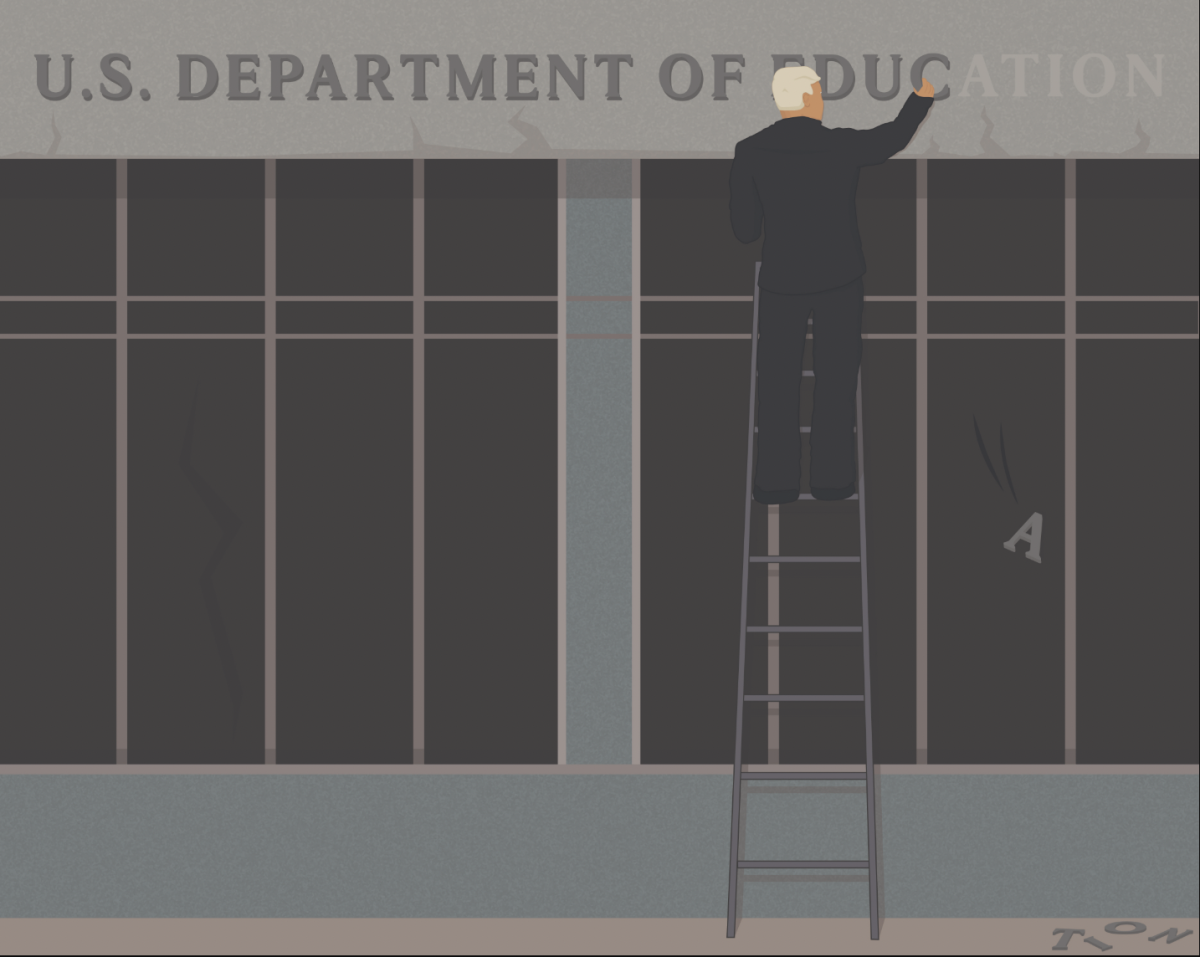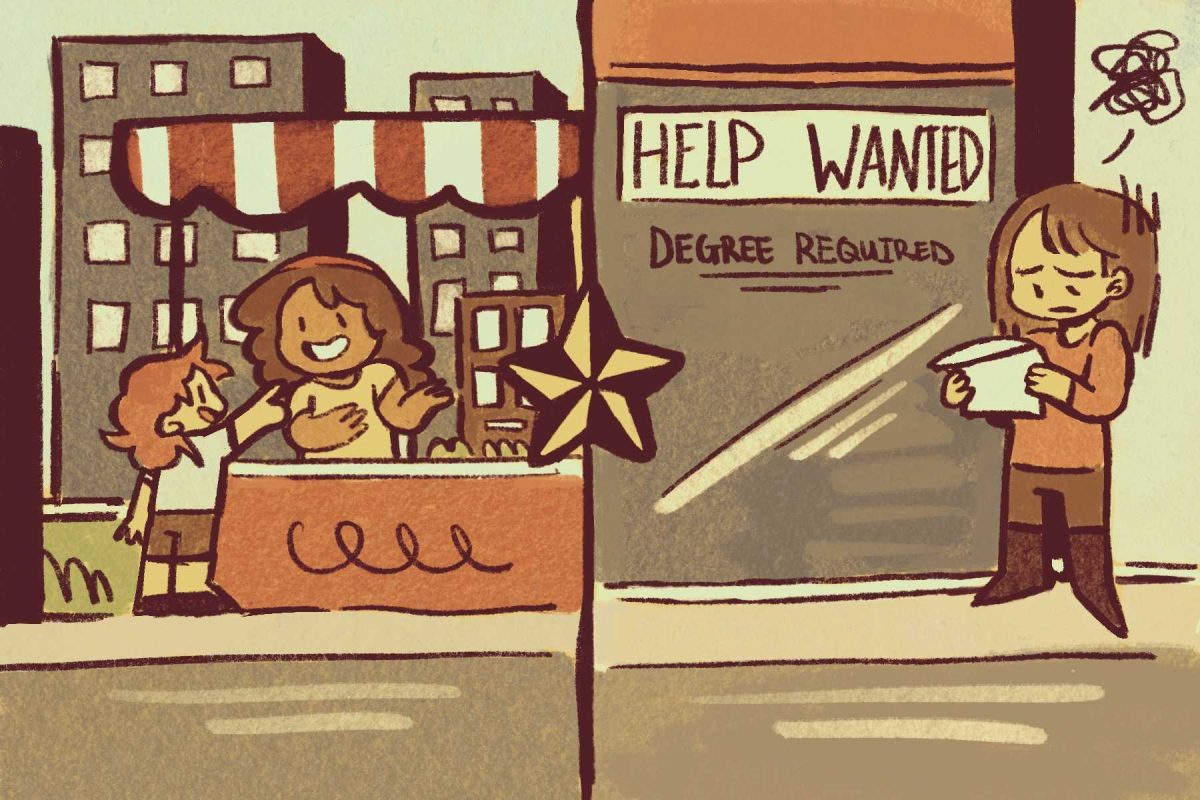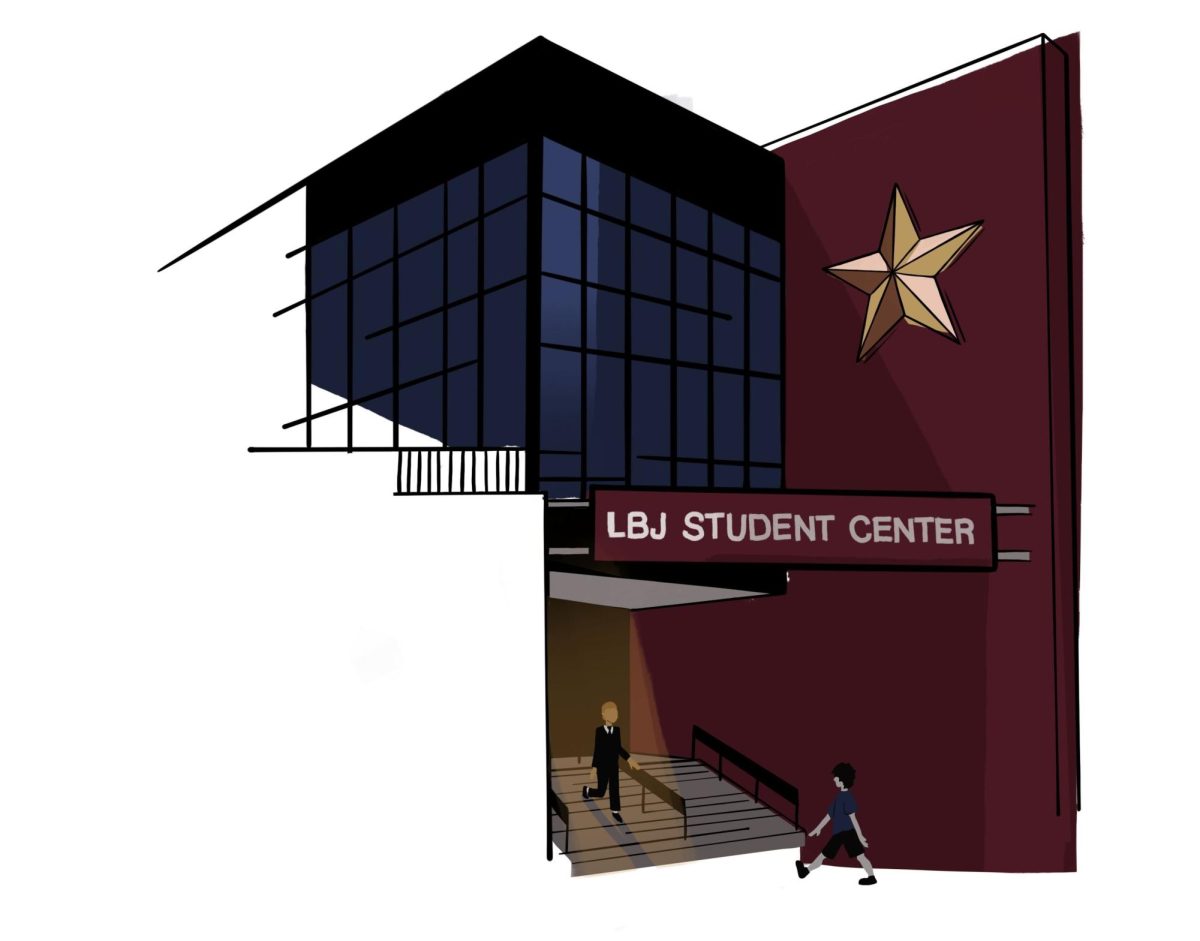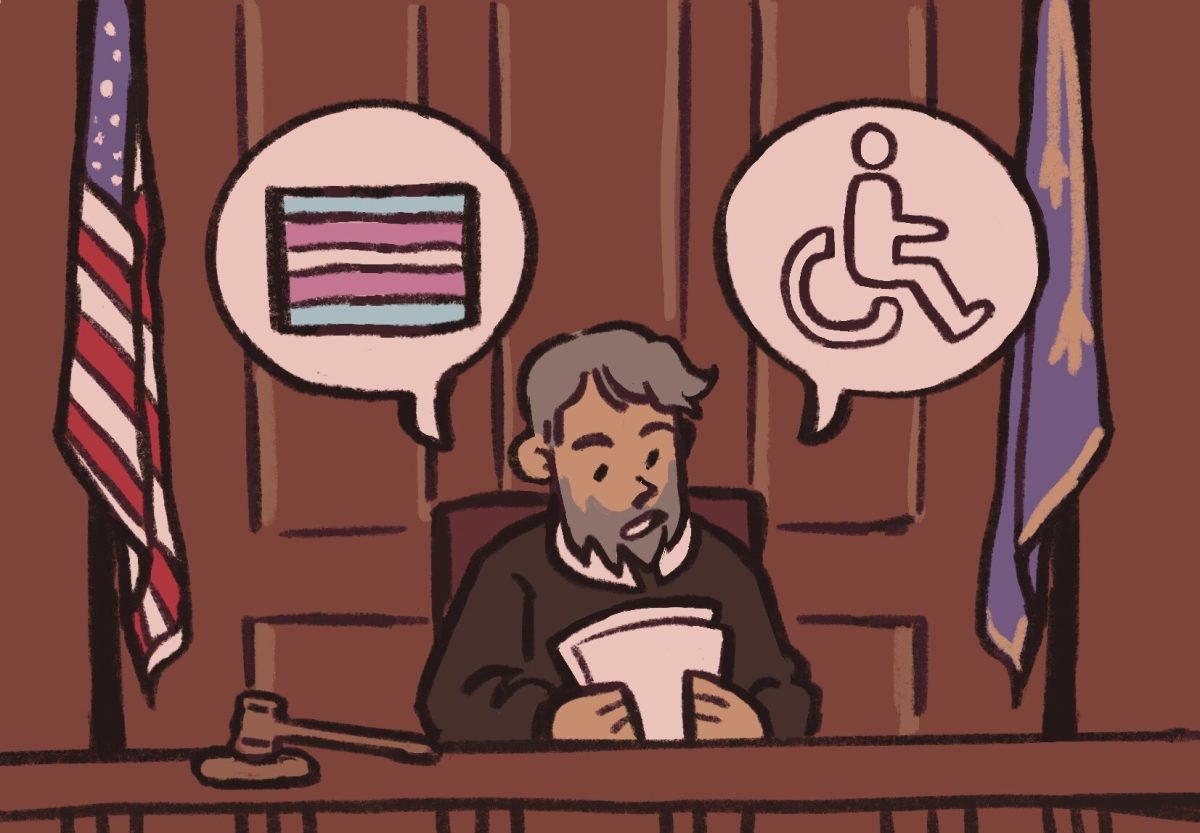As globalization continues to reshape society, proficiency in critical languages becomes an asset for students nationwide. Yet, Texas State’s continued emphasis on mainstream languages like Spanish obscures its students’ professional and educational potential.
While the World Languages and Literatures Department (WLLD) does provide courses for multiple critical languages, including Russian, Arabic, Japanese and Chinese, with minors in the latter three, enrollment in these languages is low.
However, this wouldn’t necessarily be the case if students were more adequately informed about the incentives of studying one of these languages.
Texas State students are overwhelmingly enrolled in and minoring in Spanish. As of fall 2023, only 75 students had minors in Japanese, 20 in Chinese and 12 in Arabic. Spanish, however, had over 264 minors, meaning there were more than double the number of Spanish minors than all of our critical language minors combined.
On one hand, Texas State is a Hispanic-serving institution, and in that lies the responsibility to maintain a strong Spanish program. That being said, this is not a call for a weaker or defunded Spanish program; it is a call for better-funded and well-advertised critical languages.
The Foreign Service Institute (FSI) categorizes Arabic, Japanese and Chinese as “Category V” languages, meaning it usually takes 88 weeks to reach near fluency. Russian is just one level below that.
Because of this fact, many are shocked to find out at Texas State, Arabic is taught exclusively online and under only one instructor. Chinese and Russian also have only one instructor each, providing little variety to students who may not learn best from the teaching styles of the singular professor they are provided with.
“Your language professor could make or break your learning experience… Being able to understand what they say and how they teach is very important to the success of the student,” Joshua Egwaikhide, a computer science junior with a minor in Arabic said.
The WLLD should consider adding professors to each language and better advertising the funding opportunities that come with them, especially those sponsored by the State Department.
To encourage students to learn these languages, the State Department offers an array of scholarships, including the Critical Language Scholarship (CLS), the Gilman International Scholarship and the Boren Scholarship.
Like thousands of others at Texas State, my Pell Grant recipient status made me eligible for the Gilman International Scholarship which granted me $6,000 to study Arabic in Morocco. This is an extraordinary opportunity to study a critical language.
If 1 in 4 applicants receive the Gilman International Scholarship, why don’t we discuss it more?
If more students could be informed about such grants, they would have more opportunities to advance their degrees, study abroad and do so at no expense to the WLLD.
When asked about promoting such opportunities, Gabriel Medina, an international relations senior who was awarded the CLS to Taiwan, supported the idea of promotion.
“I think it’s important that these opportunities are told to the students somehow, so it might be helpful to have a [Department-wide] newsletter,” Medina said.
A great model for the potential changes needed in Arabic, Chinese and Russian could be our very own Japanese program.
At Texas State, Japanese has three professors, offers primarily in-person classes and has the highest percentage of minors out of all critical languages.
If a similar approach could be implemented throughout the WLLD, we could see great improvements in opportunities for our critical language programs and its students.
Enhancing our critical language education means making brighter and more competitive students when it’s time to face the job market. Recognizing the importance of this knowledge is just the first step in the right direction.
-Zayna Abdel-Rahim is an international relations senior
The University Star welcomes Letters to the Editor from its readers. All submissions are reviewed and considered by the Editor in Chief and Opinions Editor for publication. Not all letters are guaranteed for publication.





















